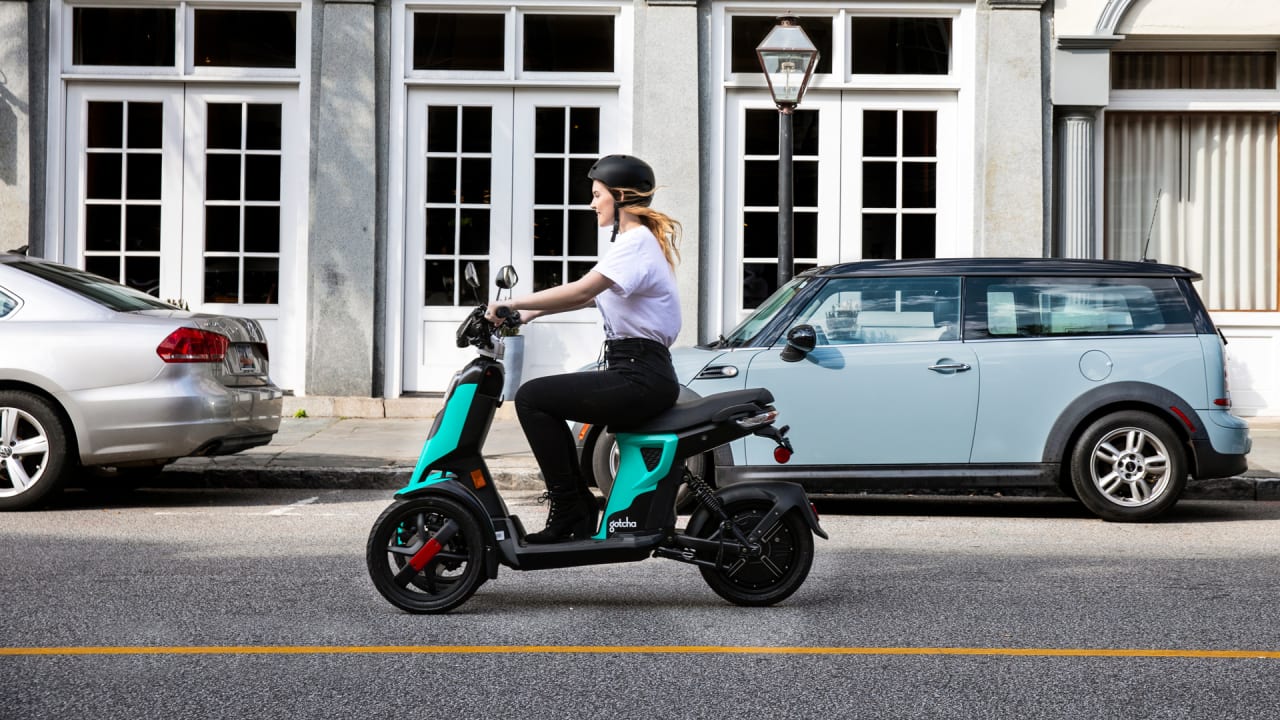Last October, a few weeks before lots of white-collar city transit experts descended for a conference on their very own, Pittsburgh hosted a distinct form of transportation summit. Dubbed MobiliT, it convened town officers, transit technologists, and civil society-types with regular Pittsburgh citizens.
Each man or woman in the closing institution brought a few mobility challenges unmet using Pittsburgh’s present-day bus, light rail, and bike-share offerings. Some had been single mothers traveling with more than one child. Others had been provider workers with shifts in the wee hours of the morning. A few have been ex-offenders who’d lost their driver’s licenses, running construction jobs in unique parts of town. (All received a residing salary in compensation for attending.)

At the time, Pittsburgh changed into on the cusp of launching its first dockless electric-powered motorcycles, remembers Karina Ricks, the metropolis’s director of transportation, and considered the way to deliver dockless electric-powered scooters to its hilly and slim streets. But hearing from those residents turned into a confirmation for Ricks that the advent of some hundred so-known as micromobility gadgets was not would to solution for all people. “We recognize that Razors on steroids are not a secure manner for a mom to take her children to school,“ she said. “So whilst we nevertheless wanted them, we additionally desired as a way to offer something else to improve that situation.”
Ricks additionally wanted to do far extra to reduce her metropolis’s carbon footprint. Vehicles have overtaken other economic system sectors as the top supply of greenhouse gasoline emissions, and scientists say that the timeline for averting catastrophic global warming is brief.
That knowledge and the testimonies at MobiliT helped seed Ricks’ idea for what’s now the Pittsburgh Micro mobility Collective, a self-organized, private consortium that targets to convey more than a few “new mobility” offerings across the town. Led by way of the dockless motorbike and scooter startup Spin, the organization includes Zipcar, Ford Mobility, Waze, the scooter parking answer Swiftmile, and the Transit app. Earlier this yr, the companies collaborated in response to a request for proposals from Ricks’ department, which referred to as a complement of automobile-loose transportation alternatives that customers can get right of entry to and ebook through an unmarried platform.
Their winning plan, which was one of 5 submissions, envisions “mobility hubs” clustered close to transit stops at some point in Pittsburgh. There, travelers would discover some mixture of bike-percentage stations, Zipcar automobiles, Waze carpool pickup spots, and parked and charged e-bikes and scooters from Spin to rent. The Transit app could deal with path planning and ticketing services to customers, and Ford Mobility could feed records analytics returned to the town.
In other towns and other contexts, these companies are probably competitors—Zipcar vying for the same journeys as Spin; Ford vying for identical experience information as Waze. But every participant additionally acknowledges that no longer all customers are healthy for each mode, said Ben Beard, the leader business officer at Spin. And in this example, they’re aligned around at the least one commonplace goal: reducing the 56 percent of commuters in Pittsburgh who force by myself. “This is without a doubt a test to see how we all coalesce, and we don’t understand all the solutions yet,” Bear said. “But we’re all trying to get people out of single-occupancy automobiles and private motors.” (In Ford’s case, the corporation sees a city marketplace possibility.)
In return for their cooperation in this goal, Pittsburgh is also growing certain incentives to inspire these agencies to join forces. For one, the metropolis maintains different mobility competitors out of play in the meanwhile, in step with Ricks. Her department will also include paintings closely with the collective to take away obstacles to their achievement on the street. “It’s regularly no longer money trouble,” she said. “More regularly, it’s got admission to parking spaces or operating rights issue that’s the barrier.” That’s the form of stuff that the metropolis can help negotiate or set up, which will bring extra options to a much wider reduction of the populace.
In late September, the Mobility Collective held its first meeting with the city, the Port Authority of Allegheny County (the mass transit operator in Pittsburgh), and other stakeholder businesses to speak about which neighborhoods could make choice locations for early pilot tasks, which can roll out as quickly as 2020.
Outside of downtown and university campuses—coveted markets for mobility businesses—Ricks pointed to three communities of ability hobby, along with Larimer, a traditionally African American area that is specific in Pittsburgh for its noticeably flat topography, and Hazelwood, that’s close to employment facilities however has negative pedestrian connections to public transit. Each neighborhood has its particular profile and set of demanding situations; the collective-primarily based technique is supposed to permit the metropolis to experiment.
“It lets us see what human beings are choosing once they’re given these unique services,” Ricks said. “They would possibly trip to their day jobs using a micro-mobility choice or Waze carpool, but for weekend grocery purchasing, they could use car share.” In neighborhoods where unmarried mother and father proliferate, the metropolis may additionally keep in mind bringing a jitney-like provider into the fold, she brought.











